FINISHES
STANDARD FACTORY FINISHES
Oil-Based Polyurethane
Our standard finish on counter tops, islands, commercial foodservice tops, workbench tops and locker bench seats is a satin Oil-Based Poly.
It is food-safe, resistant to marring, moisture, stains and most solvents, and cleans up with warm soapy water. Stubborn spills or stains can be removed with nail polish remover.
This finish is food safe, but is not to be used as a cutting board, as to not sacrifice the protective quality of the finish.
If you’d like to cut directly on your butcher block, consider the following:
Mineral Oil
Mineral oil is a food safe cutting board finish that does not sit on top of, but penetrates the block, thus inhibiting moisture penetration and extending the life of the block.
While mineral oil is a practical finish for some applications, it does require occasional maintenance. It is possible that the block may have dried during storage and shipping, thus we recommend re-oiling the board prior to its first use.
Maintenance thereafter depends upon the environment and the amount of use. When the block begins to look dry and “chalky”, the block should be re-oiled.
Pure mineral oil can be purchased at your local drug store. There are also other "Butcher Block Oils” and specialty products that contain additives such as beeswax.
We DO NOT recommend using any oil made of vegetable or animal fats, as these types of oils run the risk of going rancid and can be a health issue.
Unfinished
Chicago Butcher Block products are also available unfinished. Unfinished butcher block comes without our standard 1-year warranty. The reason for this is that wood is hygroscopic, meaning its moisture content will constantly fluctuate. A finish stabilizes the moisture content of the block.
Without finish, the wood can end-check and warping can occur. If you choose to take delivery of an unfinished butcher block, the quality of the block is every bit as high as our finished block, and as long as a finish is applied immediately, the block will function as intended.
Note: the longer the block goes unfinished, and the greater the difference in environment, the greater the chance the block will develop problems. This is natural to wood and is not a manufacturing defect.
